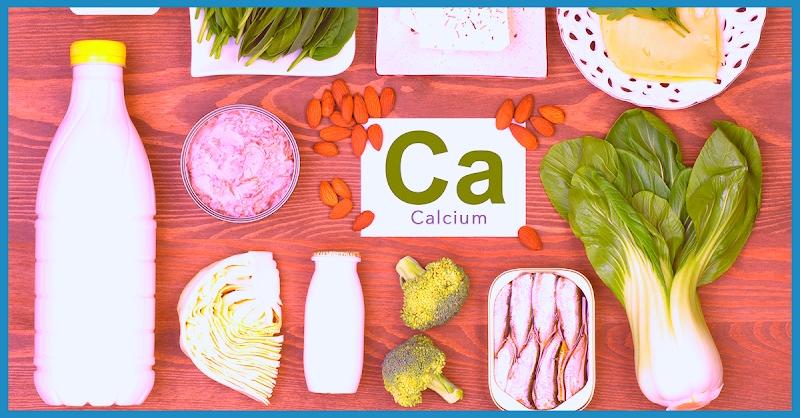Are you curious to know what is soya chunks? You have come to the right place as I am going to tell you everything about soya chunks in a very simple explanation. Without further discussion let’s begin to know what is soya chunks?
Soya chunks, also known as textured vegetable protein (TVP) or soya nuggets, have gained popularity as a versatile and protein-packed meat substitute. Derived from soybeans, these small, dehydrated chunks are not only a favorite among vegetarians and vegans but are also making their way into the diets of many health-conscious individuals. In this comprehensive guide, we will explore what soya chunks are, how they are made, their nutritional benefits, potential side effects, and how to incorporate them into your diet.
What Is Soya Chunks?
Soya chunks are a plant-based protein source made from defatted soy flour. Through a process of extrusion, the soy flour is texturized, giving the chunks a meat-like appearance and texture. These chunks are an excellent alternative for those looking to increase their protein intake without relying on animal products.
How Soya Chunks Are Made?
The production of soya chunks involves several steps:
- Extraction of Soy Protein: Soy protein is extracted from soybeans through a process that involves removing the fat content.
- Texturization: The defatted soy protein is then subjected to extrusion, a process that involves forcing the protein through a machine under high temperature and pressure. This gives the soya chunks their unique texture.
- Dehydration: The textured protein is dehydrated to reduce moisture content, resulting in the final form of soya chunks.
Soya Chunks Nutrition
Soya chunks are a nutritional powerhouse, offering a range of health benefits:
- Protein Content: One of the standout features of soya chunks is their high protein content. They provide an excellent source of plant-based protein, making them an ideal choice for vegetarians and vegans.
- Rich in Fiber: Soya chunks are also rich in dietary fiber, aiding in digestion and promoting a feeling of fullness.
- Low in Saturated Fat: With low levels of saturated fat, soya chunks contribute to heart health by helping to lower cholesterol levels.
- Packed with Vitamins and Minerals: Soya chunks are a good source of essential vitamins and minerals, including iron, calcium, and B-vitamins.
What Is Soya Chunks Good For?
The versatility and nutritional profile of soya chunks make them beneficial for various aspects of health:
- Muscle Building: The high protein content in soya chunks supports muscle growth and repair, making them an excellent choice for individuals involved in physical activities or workouts.
- Weight Management: The combination of protein and fiber in soya chunks helps in weight management by promoting a feeling of fullness and preventing overeating.
- Heart Health: The low saturated fat content contributes to heart health by reducing the risk of cardiovascular diseases.
- Bone Health: Soya chunks are a good source of calcium, promoting strong and healthy bones.
Soya Chunks Side Effects
While soya chunks offer numerous health benefits, it’s essential to be aware of potential side effects, especially if consumed in excess:
Soya Chunks Side Effects In Males
Some studies suggest that excessive consumption of soy-based products may impact hormone levels in males due to the presence of compounds called phytoestrogens. However, moderate consumption as part of a balanced diet is generally considered safe for most individuals.
How To Make Soya Chunks?
Incorporating soya chunks into your diet is easy, and they can be used in various recipes:
- Rehydration: Soya chunks need to be soaked in hot water for about 15-20 minutes to rehydrate and become tender.
- Cooking: Once rehydrated, soya chunks can be cooked in a variety of ways – stir-fried, added to curries, soups, or used in kebabs and stews.
- Flavor Absorption: Soya chunks have the unique ability to absorb flavors, making them an excellent addition to a wide range of dishes.
Conclusion
In conclusion, soya chunks are a nutritional powerhouse with numerous health benefits. Understanding what soya chunks are, their production process, nutritional content, and potential side effects is crucial for incorporating them into a balanced and diverse diet. Whether you’re a vegetarian, vegan, or simply looking to diversify your protein sources, soya chunks provide a tasty and versatile option that can be enjoyed in various culinary creations.
FAQ
What Is Soya Chunks Made Of?
Soya chunks or chunks are made of soy flour, which is a by-product of soy oil extraction. qualities, soy chunks, and related food products became popular all over the world. It has the same protein content as meat, and also similar chewy in texture. They are also free from cholesterol.
Is Soya Chunks Healthy?
Soya chunks are an excellent source of protein, with about 52 grams of protein per 100 grams of soya chunks. They are also known to be an excellent source of iron with 21 mg of iron per 100 grams. You can also increase your fiber intake with soya chunks, as they contain almost 10 grams of fiber per 100 grams.
What Is The Difference Between Soybean And Soya Chunks?
Soybean Or Glycine Max L Is A Legume Plant That Originated In Eastern Asia. Soya Chunks Are Obtained From Soybeans At The Time Of Extraction Of Soya-Bean Oil. These Chunks Are Actually Defatted Soy Flour Product, A By-Product Of Extracting Soybean Oil. Soya Chunks Are Also Known As Meal Makers.
Is Soya Chunks Vegetarian?
Soya (chunks or granules) is a great, vegetarian source of protein. And usually, it is seen as a calorie-light replacement for paneer. But did you know, 100 gms of Soya has more calories than 100gm Paneer!
I Have Covered All The Following Queries And Topics In The Above Article
How Soya Chunks Are Made
What Is Soya Chunks Good For
Soya Chunks Side Effects
How To Make Soya Chunks
Soya Chunks Protein Per 100g
How To Eat Soya Chunks
Soya Chunks Side Effects In Males
Soya Chunks Nutrition
What Is Soya Chunks



